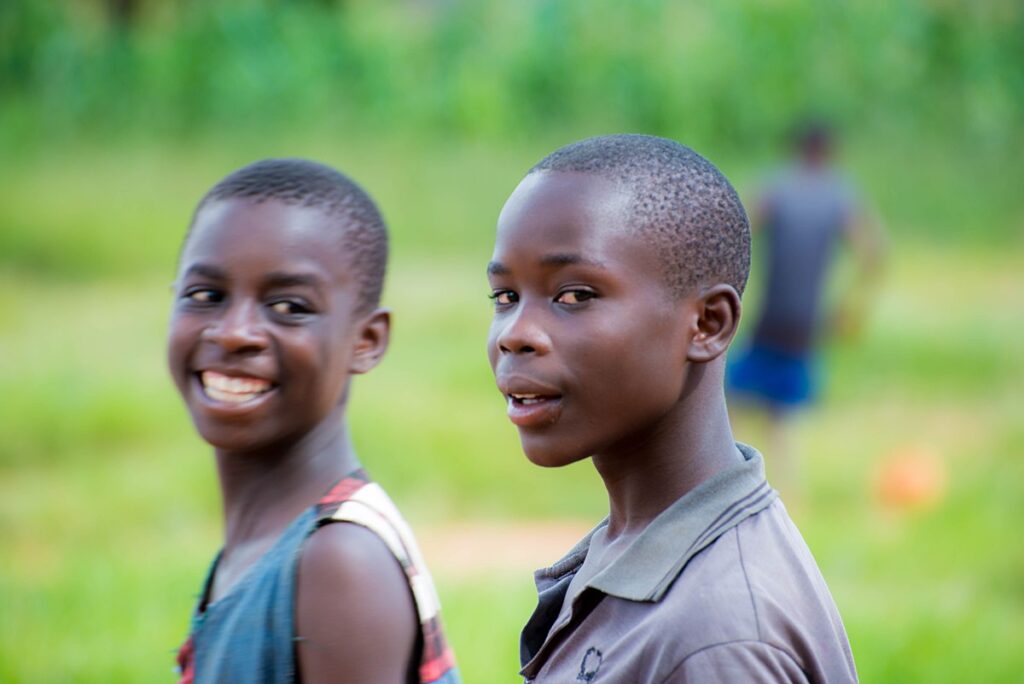Gender-Based Violence (GBV) is a global concern often framed as predominantly affecting women and girls. This perspective, however, overlooks the significant impact on men and boys, leaving their experiences underreported and inadequately addressed.
This imbalance perpetuates stereotypes and hinders comprehensive solutions. In this article, we delve into the complexities of GBV in Tanzania, examining how the issue affects all genders and the need for a more inclusive approach.
But what is Gender-Based Violence?
GBV refers to harmful acts directed at an individual based on their gender. It includes physical, sexual, emotional, and economic abuse, and can occur in various settings, such as the home, workplace, and community.
While women and girls are disproportionately affected, men and boys also experience GBV, though their suffering is often minimized or ignored.
The predominant focus on women and girls only
Internationally and within Tanzania, organisations like the United Nations (UN), World Health Organization (WHO), and numerous NGOs have highlighted the plight of women and girls.
Campaigns such as the UN Women’s HeForShe initiative and the #MeToo movement have successfully raised awareness about the widespread nature of violence against women. Local organisations like the Tanzania Women Lawyers Association (TAWLA) and the Tanzania Media Women’s Association (TAMWA) have implemented numerous programs aimed at protecting and empowering women.
The Tanzanian government, through its Ministry of Health, Community Development, Gender, Elderly and Children (MoHCDGEC), has also been active in addressing GBV against women. Initiatives like the National Plan of Action to End Violence Against Women and Children in Tanzania (2017/18–2021/22) underscore the commitment to tackling these issues.
However, this focus has overshadowed the experiences of male victims.
Why men and boys are the silent victims
Men and boys face unique challenges in reporting and seeking help for GBV in Tanzania. Societal expectations of masculinity often discourage men from expressing vulnerability or admitting to being victims of abuse.
This cultural stigma can lead to underreporting and a lack of targeted support services. Many men feel ashamed or believe they will not be taken seriously if they come forward, perpetuating their suffering in silence.
Additionally, the legal and institutional frameworks tend to favour female victims. Male victims may find it harder to access refuge spaces, counselling, and legal assistance.
Research and anecdotal evidence from organisations like the Legal and Human Rights Centre (LHRC) indicate that while the infrastructure for supporting women is developing, equivalent support for men is significantly lacking.
What do the case studies show?
A notable case highlighting the neglect of male victims is that of a young boy from Dar es Salaam who suffered sexual abuse at the hands of an older male relative. Despite the clear signs of trauma, it took significant effort for his case to receive attention, reflecting a broader systemic failure to recognise and support male victims.
Another example is male survivors of domestic violence. In rural areas, traditional norms often dictate that men should not show weakness, making it difficult for them to seek help.
Reports from community-based organisations reveal that many men endure prolonged abuse without accessing any form of support due to fear of social ostracism.
Role of organisations and government agencies
Addressing GBV in a more inclusive manner requires the involvement of various stakeholders.
Government agencies, NGOs, and community organisations must work together to ensure that all victims, regardless of gender, receive the support they need.
In Tanzania, the MoHCDGEC has recognised the need to address male victimisation in its broader GBV strategies, but more concrete actions are necessary.
Increased funding for organisations supporting male victims, such as the Human Rights Defenders Coalition (THRDC), is crucial.
Additionally, public awareness campaigns should highlight that GBV affects all genders, challenging the stereotype that it is solely a women’s issue.


